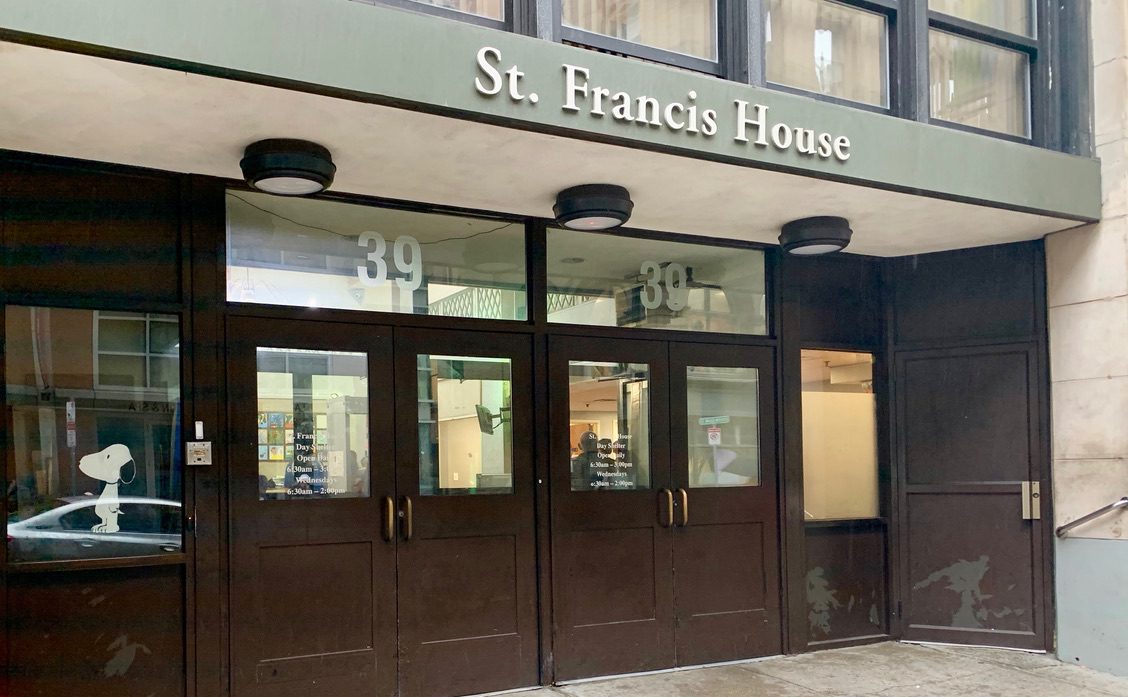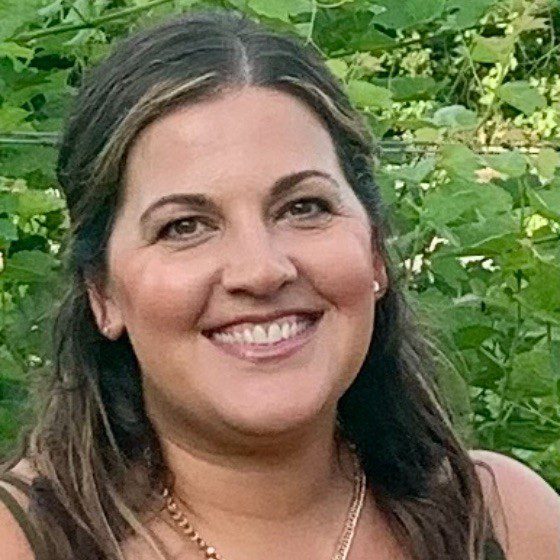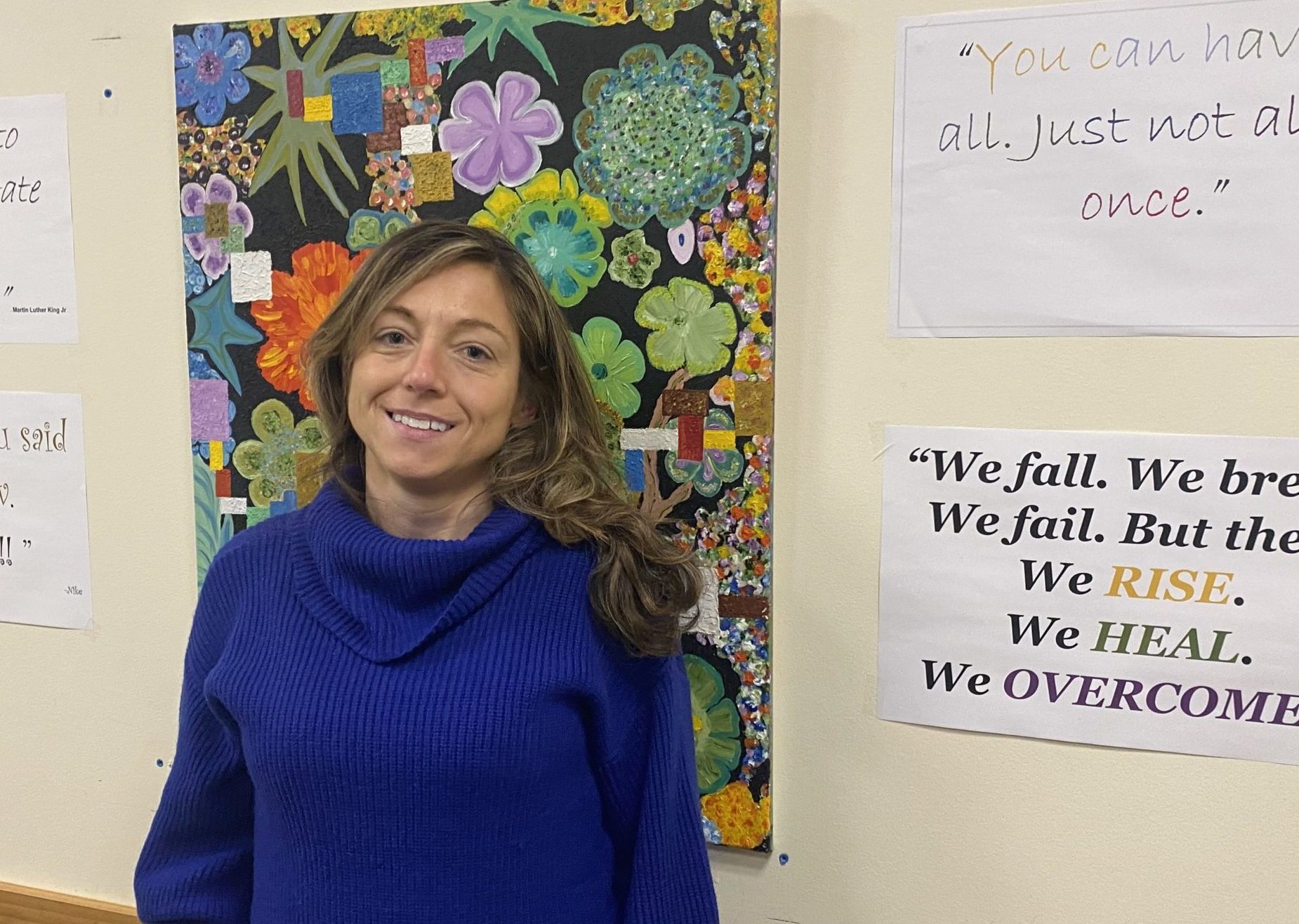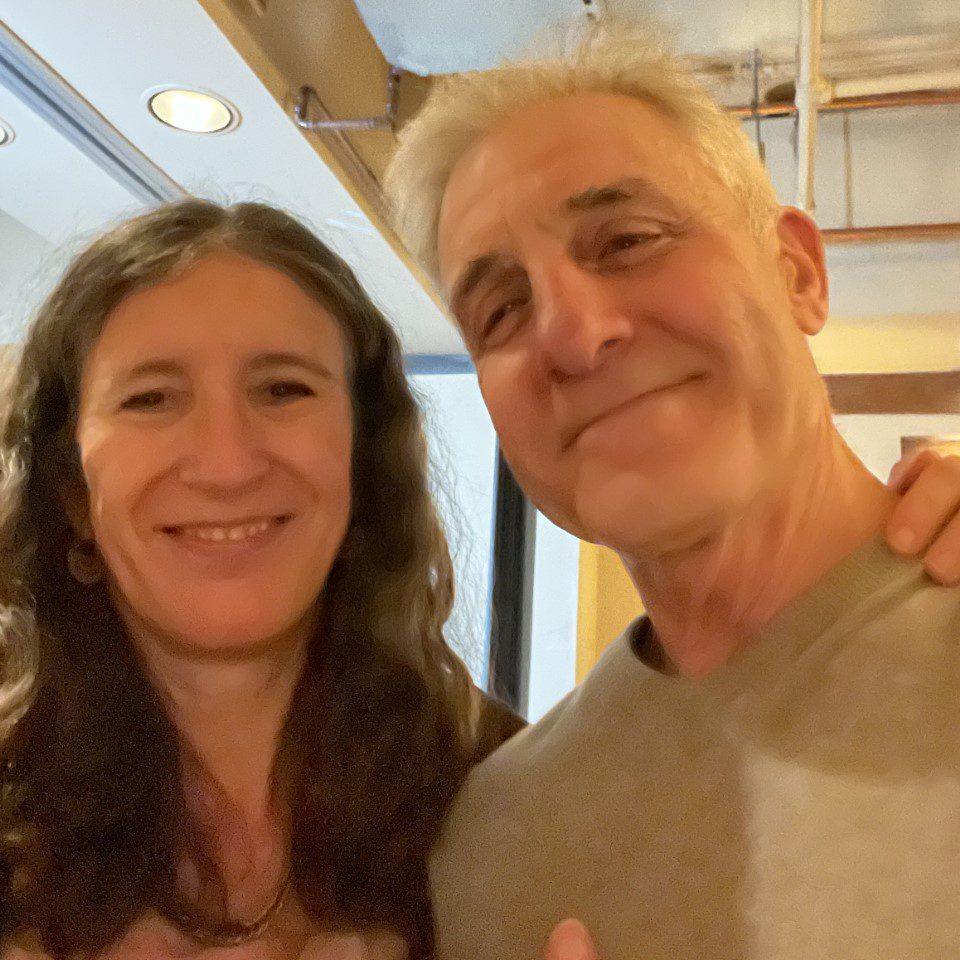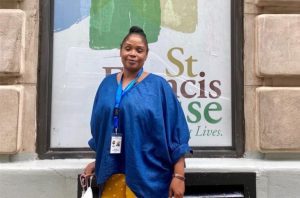 How long have you been with St. Francis House? What do you do here?
How long have you been with St. Francis House? What do you do here?
I’ve been at St. Francis House for a year permanently and a year as temporary staff, so all together it’s been around 2 years now. I’m a program assistant on the 4th floor for workforce development. My job is to provide triage and help clients figure out where they want to go – whether or not it’s the MAP program, or if they need an employment specialist, some may need help getting their benefits back, it just depends. So my job is really to try and help the clients figure it out.
What part of your job do you enjoy most?
Every day brings its own set of opportunities and challenges. I think what I enjoy most about my job is that a lot of clients come in unsure of what they can do and what they are capable of, so it gives you the opportunity to speak life into them and to encourage them not to give up. I enjoy being able to listen to people and provide them with a plan for their life and help build up their confidence. Sometimes the client knows what they want to do, they just need to hear it out loud and hear it’s not a bad plan. And part of our job is to help them see that they can do it, they can move forward and put the past behind them. It’s a battle, but they can win.
Is there anything you wish people knew about your role or department?
I think anytime you work in an environment where you’re the first person people come in contact with, what’s most important is that each client is treated with respect regardless of what they’re telling you or what condition they may walk in with. We all live with some type of conflict and we all have the ability to go against our nature and just experience the poor condition we’re in. But when you’re the first point person who people come in contact with, you want to make sure that you set the tone for them to have a good experience. If someone goes into an establishment and they have a hard time, they generally tell around 10-15 people about the horrible experience they had. But if you leave them with a good experience, it opens the door for more clientele, and it also lets people know that they’re more than just a face, that we listen to their story and we pay attention to that. What I want more than anything is for everyone to understand that if you’re someone’s first point of contact, how you treat that person is going to affect the way that they interact with your coworkers, the information they receive and whether or not they think they can do it again the next day. All that matters.
Is there anything about your job that you find challenging and how do you work through it?
It’s challenging to see people suffer, because a lot of people are having a hard time when they come in. But I think that it also keeps you from being selfish when you see someone who is having a humbling moment in life. It keeps you from focusing on yourself, and you start to see that other people’s problems are way bigger than the ones that you have. I think if you work in human services, you have to decide whether or not you are there just for human services or if you are there to service the humans. What part of them do you want to help build up? A lot of times we are a gateway to their entire future. So you have to remove your feelings from the situation and think about what’s going on with that other person. You have to look at them for their nature, not the condition that they came in with, but who they could have been. A lot of clients are really smart if you sit down and talk to them and listen to them, they’ve just had a bad break or something came up that threw them off a little bit. So you have this awesome opportunity to help them. And it changes you, it changes the way that you see yourself. We all have the opportunity to fall and we all have the opportunity to get back up.
